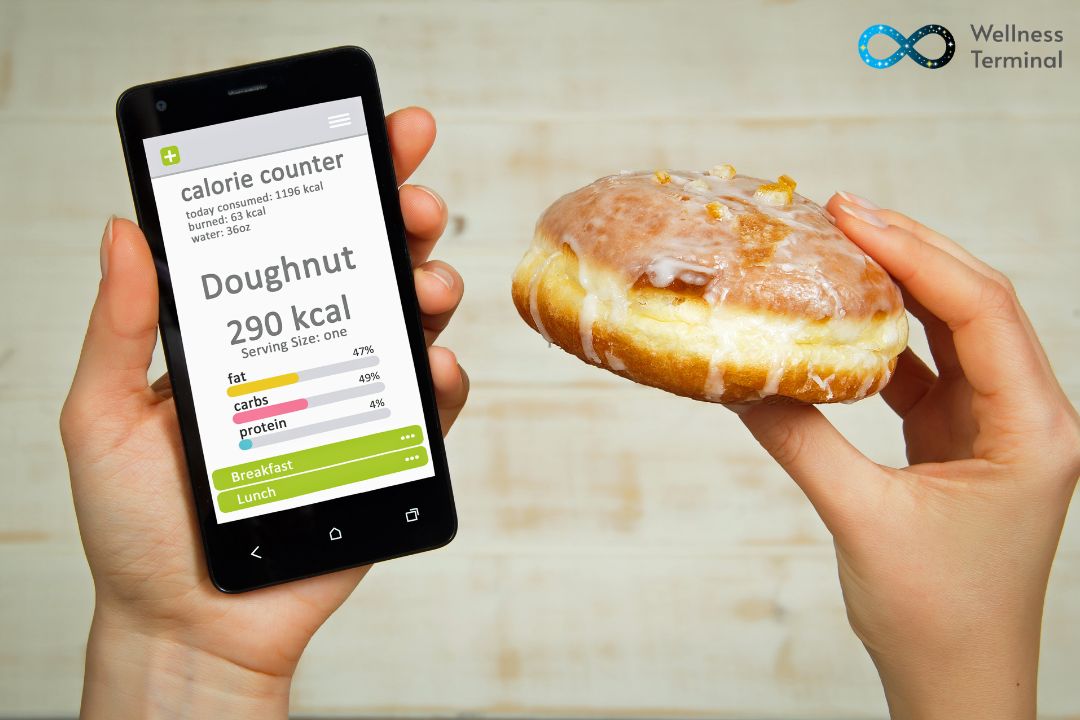Have you ever tried counting calories in an effort to lose weight? It's a popular method, but the truth is, it may not be the best approach. In fact, it can even be harmful to your mental and physical health. In this blog, we'll explore why counting calories isn't the best way to lose weight and offer some alternatives that can help you reach your goals in a healthy and sustainable way.
Let's start with the basics. When you count calories, you're essentially tracking the amount of energy you consume each day. The idea is that if you consume fewer calories than your body burns, you'll lose weight. It sounds simple enough, but there are several reasons why this approach may not be effective.
First, not all calories are created equal. A calorie is simply a unit of energy, but the quality of the food you consume matters just as much as the quantity. For example, a 100-calorie pack of cookies may provide the same amount of energy as a piece of fruit, but the cookies are likely to be high in sugar and low in nutrients, while the fruit is packed with vitamins, minerals, and fiber.
Second, calorie counting can be tedious and time-consuming. It's not sustainable for most people to track every morsel of food they eat for the rest of their lives. It can also be stressful and lead to obsessive behavior around food, which can be harmful to your mental health.

So, if counting calories isn't the best approach, what should you do instead? Here are some tips for approaching weight loss in a healthy and sustainable way:
- Focus on whole foods: Rather than counting calories, focus on eating a variety of whole, unprocessed foods. This means plenty of fruits and vegetables, lean proteins, healthy fats, and whole grains. These foods provide your body with the nutrients and energy it needs to function at its best.
- Pay attention to your hunger cues: Rather than relying on external cues like calorie counts, tune in to your body's natural signals of hunger and fullness. Eat when you're hungry and stop when you're satisfied, rather than when a certain number of calories has been reached.
- Practice mindful eating: Mindful eating is the practice of paying attention to the present moment when eating and being fully engaged with the experience of eating. This means eating slowly, savoring each bite, and paying attention to the flavors and textures of your food. This can help you feel more satisfied and in tune with your body's needs.
- Move your body: Exercise is an important part of a healthy lifestyle, and can help you reach your weight loss goals. Find an activity you enjoy, whether it's dancing, hiking, or yoga, and make it a regular part of your routine. Not only will you feel better physically, but you'll also get a boost of endorphins that can improve your mood and mental health.
- Seek support: Weight loss can be a challenging journey, and it's important to have a support system in place. This might mean working with a registered dietitian or personal trainer, joining a support group, or simply enlisting the help of friends and family. When you have people in your corner cheering you on, it can make all the difference.
In conclusion, counting calories may seem like a simple and straightforward way to lose weight, but it's not always effective or sustainable. Instead, focus on whole foods, pay attention to your body's natural signals, practice mindful eating, move your body, and seek support. By approaching weight loss in a healthy and sustainable way, you can create habits that will last a lifetime and achieve your goals without sacrificing your mental or physical health.

